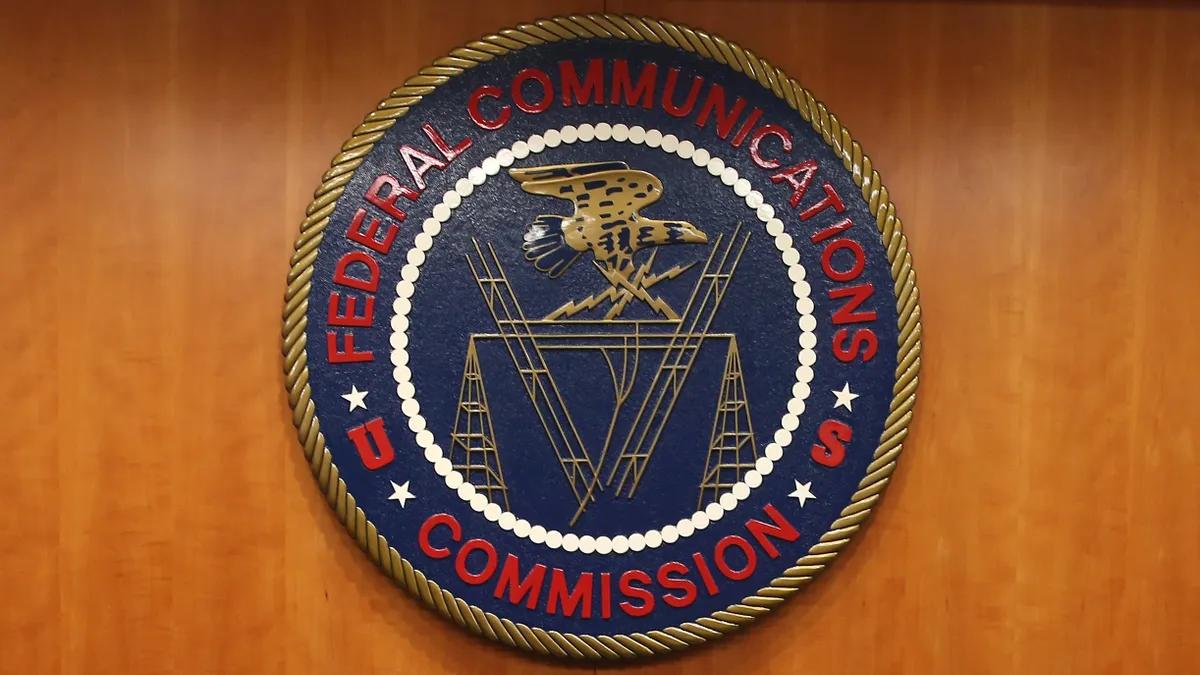|
|
 |
There is a narrow slice of true information that is so personal that it is illegal to disclose.
— Gene Maddaus, Variety
|
|
|
Welcome back to Snippets 👋 Any plans for Halloween weekend?
- Netflix is in hot water over alleged privacy violations in the hit documentary "Our Father."
- President Biden proposed new restrictions for data transfers to adversarial nations.
- Suits filed under the Video Privacy Protection Act may get new life after a judge sided against the NBA.
|
|
|
|
|
Netflix sued for privacy violations in the “Our Father” documentary
|
 |
|
Netflix
|
Three women are suing Netflix for “public disclosure of private facts” in the documentary “Our Father,” which publicly revealed their identities as children of a fertility doctor who secretly fathered 94 kids.
|
- The three women’s names, none of whom had agreed to go public, were shown on screen in shots of the 23andMe genetic tracing website—with the judge rejecting Netflix's defense that the names were only shown briefly.
- The first amendment does give publishers broad discretion to publish facts, especially if they're considered newsworthy or an issue of “legitimate public concern.”
- However, the judge ruled that the women's privacy rights superseded the documentary's newsworthiness and that including their names wasn’t necessary to tell a credible story.
- Two of the women, who had only shared the news among friends and family, as well as within a closed group of the doctor’s other children, were allowed to proceed to trial and seek punitive damages.
|
|
|
|
|
|
|
See Transcend Preference Management in action!
|
|
Join us October 31 at 9am PT to learn how effective preference management can help you build consumer trust while driving business growth! We’ll cover how to:
- Create a branded preference center where users can choose their own settings for company communications
- Reconcile individual data use choices
- Customize workflows for seamless system updates
Register now to secure your spot and get access to the recording if you can’t make it!
|
|
|
|
|
|
|
|
New limits proposed on data transfers to six nations
|
 |
|
The White House/Adam Schultz
|
The Biden Administration proposed new requirements for determining if and to what extent sensitive information and federal data can be shared with six adversarial nations: Russia, China, Iran, North Korea, Venezuela, and Cuba.
|
- The regulations stem from a February executive order meant to protect American data from falling into the hands of foreign spies, particularly through transactions with U.S. data brokers.
- U.S. companies will face restrictions on the amount of sensitive data they can send to the six countries over a 12-month period: genomic data is limited to 100 Americans, geolocation and biometric data to 1,000, and health and financial data to 10,000.
- Any data on active-duty military and federal personnel is also restricted, as having that data available on the open market introduces risk of cyberattacks, disinformation, and surveillance.
|
|
|
|
|
|
|
|
Old video privacy law gets new life after appellate ruling
|
 |
|
Kevin C. Cox/Getty Images
|
A US appeals court revived a class action, filed under the Video Privacy Protection Act (VPPA), accusing the NBA of allowing Facebook to harvest personal data from viewers of NBA-posted video content.
|
- Attorneys are predicting the decision will kick-off a string of new claims under the VPPA, after previous waves of lawsuits were dismissed due to insufficient grounds.
- In Salazar v. NBA, the appeals court ruled the definition of “subscriber” isn’t limited to audio-visual services—meaning the defendant must comply with the VPPA when the plaintiff, a newsletter subscriber, watches videos on the league’s website.
- Attorneys interpret the ruling as a possible expansion of the VPPA to include online services that aren't classified as video providers.
|
|
|
|
|
|
|
|
- The CFPB finalized a new rule to strengthen financial privacy.
- ByteDance fired an intern for sabotaging an AI project.
- Claude can now operate computers independently.
- X allows third parties to train AI on users' posts.
- DuckDuckGo is looking to invest in early-stage privacy startups.
|
|
|
|
|
|
Data brokers using ads to track almost any phone
|
 |
|
Illustration by Alex Castro / The Verge
|
An investigation by Atlas Data Privacy Corp has uncovered a comprehensive tracking service, Locate X, which allows users to monitor the movements of phones via mobile advertising identifiers.
|
- According to the investigation, Locate X can map the precise locations of mobile devices, potentially exposing users' identities.
- A demonstration showed the service tracking a phone’s journey from Alabama to a Florida abortion clinic, highlighting the implications for privacy amid changing abortion laws.
- Despite restrictions on access, investigators found that Babel Street, the company behind Locate X, may have lax practices that allow unauthorized users to obtain location data.
- In light of these findings, Atlas Data Privacy Corp is suing Babel Street for alleged violations of New Jersey’s data privacy law.
|
|
|
|
|
|
|
|
Five new states join the FCC in enforcing privacy
|
 |
|
Mark Wilson / Getty Images
|
The Federal Communications Commission (FCC) has announced partnerships with five additional state attorneys general to expand the scope of its privacy, data protection, and cybersecurity enforcement efforts.
|
- Maine, Vermont, Massachusetts, Delaware, and Indiana will join five other states and the District of Columbia—marking a nearly two-fold capacity increase for the agency’s Privacy and Data Protection Task Force.
- The new alliances give teeth to a 2023 initiative meant to address and mitigate privacy and data breaches—a result of the telecommunications sector’s access to troves of consumer data.
- Recognizing the FCC's wide purview of internet, wireless, and satellite communications, Chair Jessica Rosenworcel emphasized the need for collaboration with state partners to better meet consumer privacy expectations.
|
|
|
|
|
|
|
How to prepare for the Nebraska Data Privacy Act ✅
|
|
Signed into law on April 17, 2024, by Governor Jim Pillen, the Nebraska Data Privacy Act (NDPA) will come into effect on January 1, 2025. Businesses that fall under the law's scope should start preparing for compliance now.
Read our recent guide to learn who is subject to the NDPA, the key requirements, and how it compares to other state privacy laws. You’ll find a compliance checklist at the end.
|
|
|
|
|
|
|
|
|
Snippets is delivered to your inbox every Thursday morning by Transcend. We're the platform that helps companies put privacy on autopilot by making it easy to encode privacy across an entire tech stack. Learn more.
|
|
|
|
You received this email because you subscribed to Snippets. Did someone forward this email to you? Head over to Transcend to get your very own free subscription! Curated in San Francisco by Transcend.
|
|
|
|
|
|